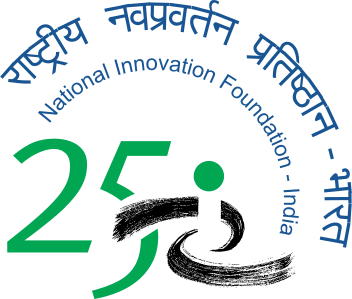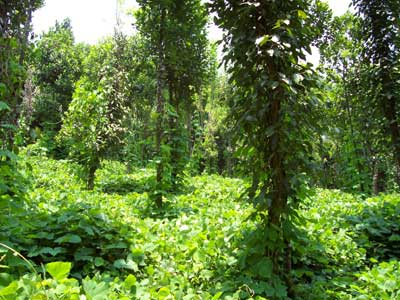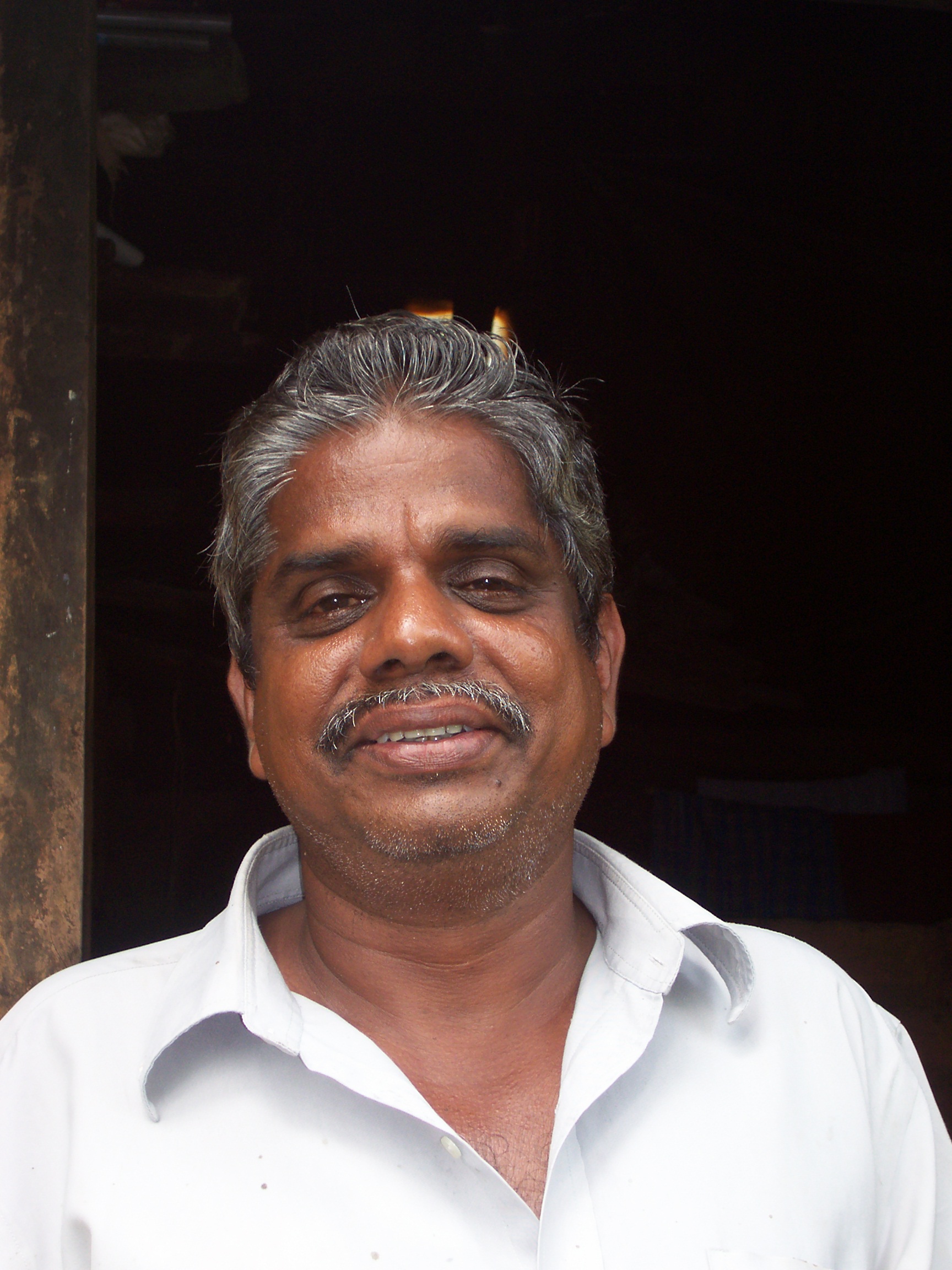Genesis
When he started cultivation independently 1980 onwards, he started closely observing his plants? health; some plants died early while some had a longer life span. He started weighing the situation to figure out how to protect the weak plants.He believed that heavy rains had something to do with the wilting of roots. To some extent, root wilt was controlled by pesticides and by having proper drainage. This prompted him to develop a natural method of controlling this root wilt. It took him three problem-filled years and numerous trials before he could refine a process of pepper protection. Since he had limited amount of land, which he had to use both for earning his livelihood as well as for his experiments, he had to be careful as he was much constrained. Due to frequent changes, the cultivation he incurred financial losses upsetting his family members including his wife, who (fearing the failure of the crop) ridiculed him as he experimented with what was the only means of income. But he was confident that he would come up with something useful for others and that was his driving force.
Innovation
In Papachchan?s agronomic practices adequate natural drainage is the best for pepper cultivation. He prescribes a two feet deep and one-foot wide trench along the border for isolating the pepper garden from other trees. No pits were taken up for planting. Pepper is grown as a pure crop in order to avoid intercropping losses. Planting material is prepared by cutting runners just below the nodes to restrict the plant to a single root. Jackfruit is considered as the best of the standards due to its timber value and manorial value of leaves.Saplings are planted close to standards so that the collar region is about three inches above the ground and is exposed to environmental conditions from the tender age so that the plants develop innate resistance. Mulching is used to reduce the erosion effects of raindrops and to conserve the soil. Mother vines are selected very carefully based on the past performance so as to obtain regular good yields, better growth and pest free cultivars. The saplings are planted after the start of south-west monsoon rains. Mucuna bracteata is raised as a cover crop, to improve soil fertility and to maintain suitable soil environment for the growth of root system. No tillage is done.Irrigation is not required under normal circumstances, but if a monsoon break extends beyond 15 days, the field has to be irrigated. The yield potential is double in this method (0.7-1.2 tonnes of dry pepper/acre) compared to conventional farming methods (0.3-0.5 tonnes). In addition, there is no need of weeding, as no weed grows due to the standards and the resistance to foot rot disease is more.Indian Institute of Spices Research has the following to say about his practice, ?The system developed is unique and no parallel has been reported from elsewhere and the contribution of the farmer is unique and outstanding?.Now, his family has become indifferent and they have left him to do whatever he wants and do not pester him with questions. Some family members including his brother and some friends have also adopted his technique of cultivation. At a time when everyone else around has shifted to more profitable rubber plantations, Papachchan is adamantly determined to continue his pepper cultivation his own unique way. "Arogyamulla krishiyidam, athu vazhi arogyamulla manushiya samoohavum sadhyamanu. Ulpathanum mechapeduthuvan randu margangul mathramanu ullathu, vitthukallude shariyaya theranjudukalum, anuyojeyamaya sthalavum"1 , says Papachchan.
Background
Papachchan who had to leave Chakatabara village in Kayanna, Khozihode to settle in Cheruvavil when foot rot disease destroyed his pepper crop has come up with a very innovative method that promotes sustainable production of organic black pepper and has become a model towards control of the dreaded foot rot disease. Chakatabara is a densely populated village where rubber, coconut, arecanut and pepper cultivation is the main occupation. From here thirteen years ago, Papachchan (51) and his wife (46) shifted to Cheruvavil after his crop at his native place was destroyed by the root wilt. His son aged 18 years, is studying at his native place. Pappachan has studied up to class four and his wife has had some basic education. He is a cultivator and owns three acres of land in all, one acre in his native Chakatabara where he grows pepper and two acres at Cheruvavil, where he grows pepper in 1.3 acres and rubber in the remaining. As a child, he was fond of reading newspapers, magazines and storybooks. At twelve years age, he started working in his father?s farm.
Awarded by NIF







